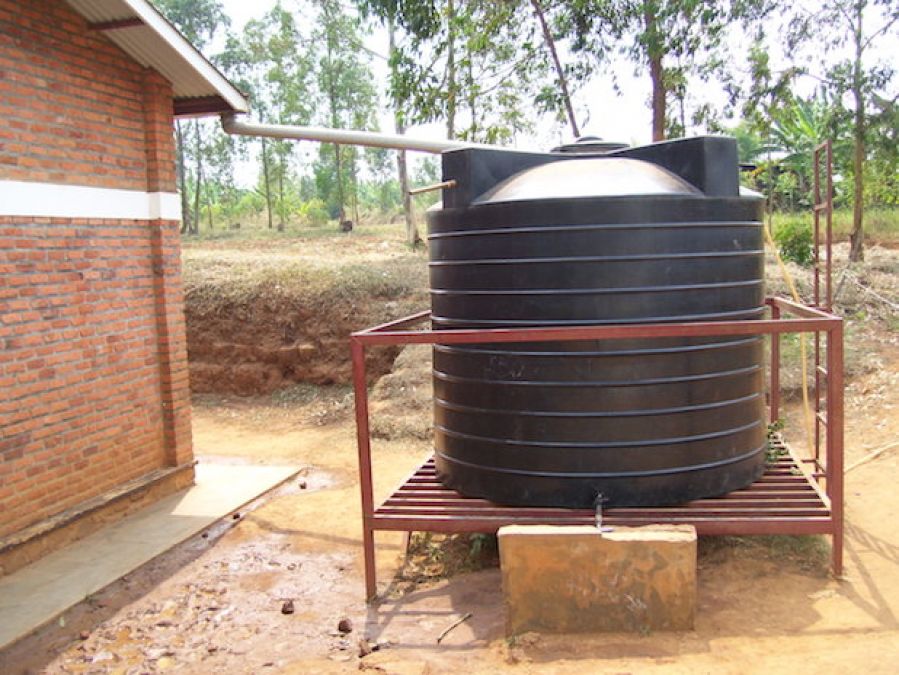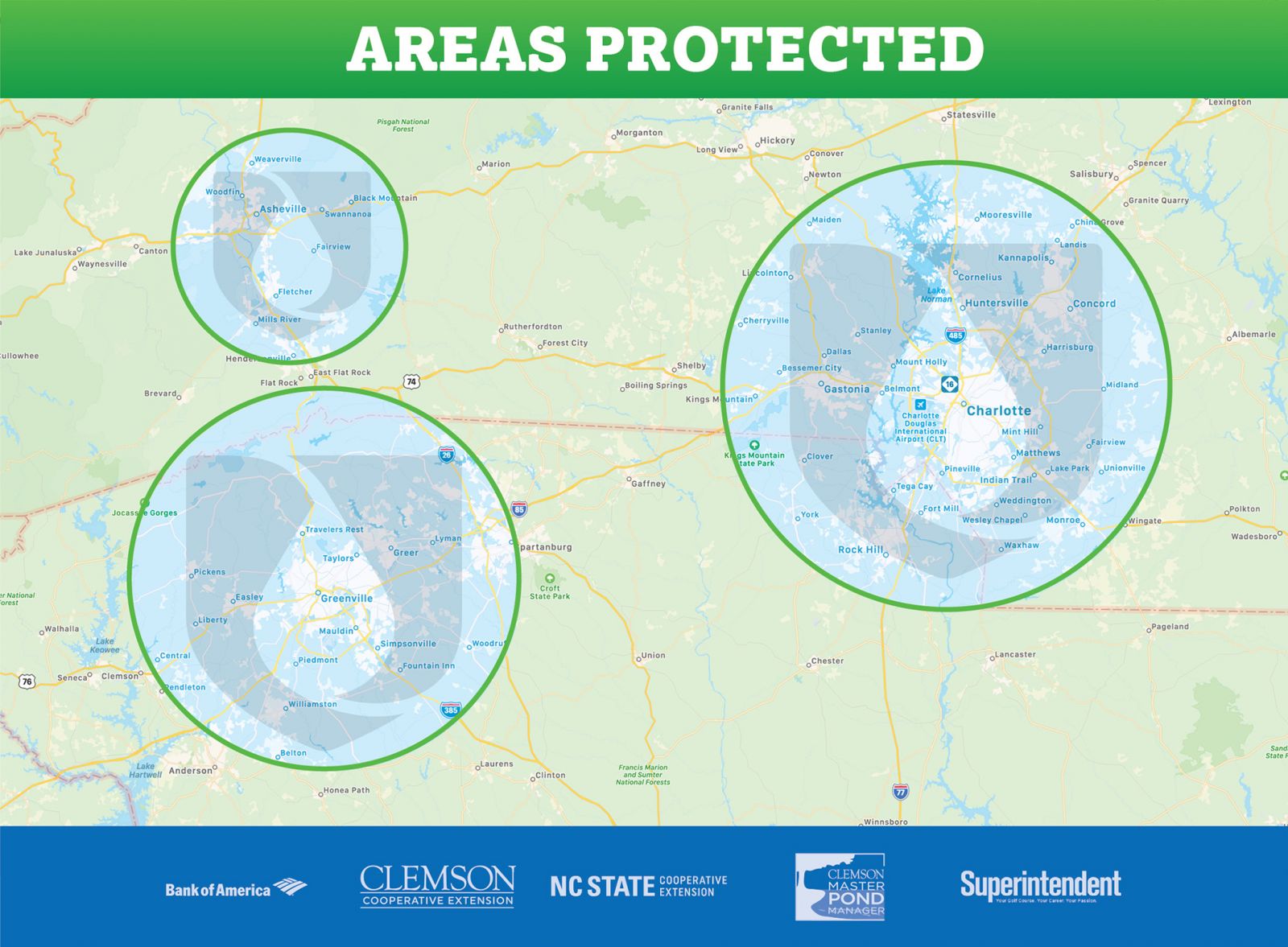
What is rainwater/ stormwater harvesting?
Rainwater harvesting is a proficiency used for accumulating, saving and using rainwater for landscape irrigation and other uses. It can also be stored in cisterns for use during times when water supplies are at an all-time low.
Advantages
- Easy to maintain: harvesting systems are based on simple technology.
- Reduction in water bills: this is self-explanatory. It also lessens the burden of soil erosion.
- Suitable for irrigation: “Rainwater is free from many chemicals found in ground water, making it suitable for irrigation and watering gardens. In fact, storing large reservoirs of harvested water is a great idea for areas where forest fires and bush fires are common during summer months” (Conserve Energy Future).
- Reduces demand on groundwater: With increasing populations, water needs are increasing.
- Reduces floods and soil erosion: “During the rainy season, rainwater is collected in large storage tanks which also helps in reducing floods in some low-lying areas. Apart from this, it also helps in reducing soil erosion and contamination of surface water with pesticides and fertilizers from rainwater run-off which results in cleaner lakes and ponds” (Conserve Energy Future).
- Can be used for non-drinking uses: It is unneeded to purify water that is just going to be used in our gardens, toilets, etc.
Disadvantages
- Rainfall is unpredictable in Charlotte, NC: I wouldn’t solely rely on rainfall.
- The initial investment could be costly: Depending on the system’s size and technology level, a rainwater harvesting system can cost anywhere between $200 to $2000 and benefit from it cannot be derived until it is ready for use. (Conserve Energy Future).
- Regular maintenance: “Rainwater harvesting systems require regular maintenance as they may get prone to rodents, mosquitoes, algae growth, insects and lizards. They can become as breeding grounds for many animals if they are not properly maintained” (Conserve Energy Future).
- Some rooftops may contain contaminants: This can be harmful when watering plants. Water quality in important.
- Storage limits: “The collection and storage facilities may also impose some kind of restrictions as to how much rainwater you can use. During the heavy downpour, the collection systems may not be able to hold all rainwater which ends in going into drains and rivers” (Conserve Energy Future).
There are more pros than cons for rainwater harvesting making it more popular. It also doesn’t hurt that it benefits the environment!
Now serving Greenville SC, Spartanburg SC, Asheville NC, Charlotte NC, Winston-Salem NC, & Greensboro NC areas.
Get started. Become a member today!



